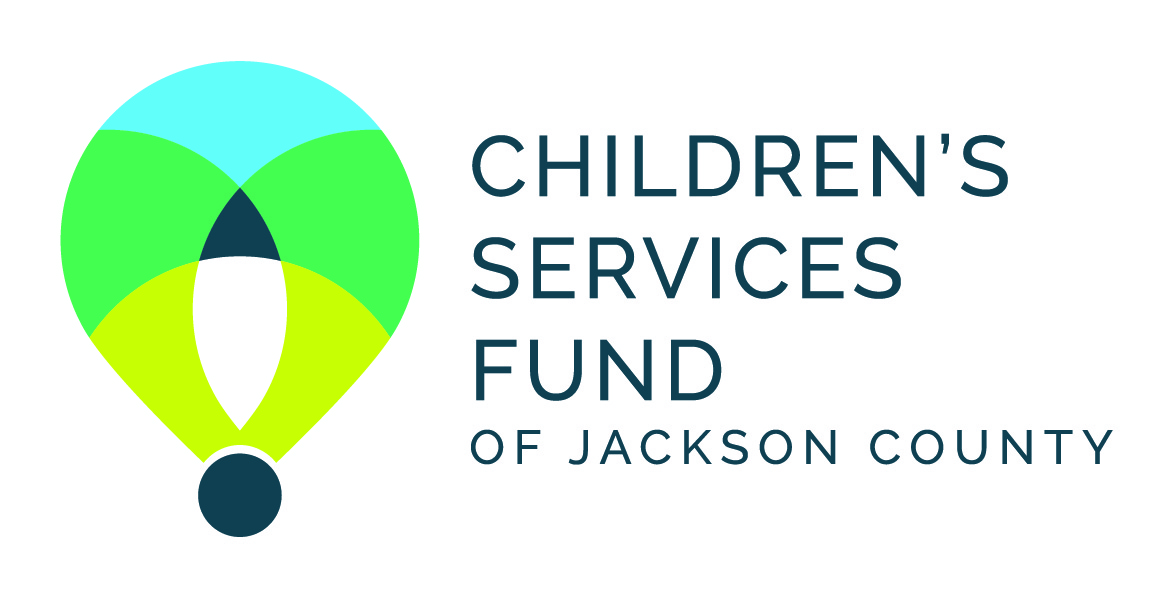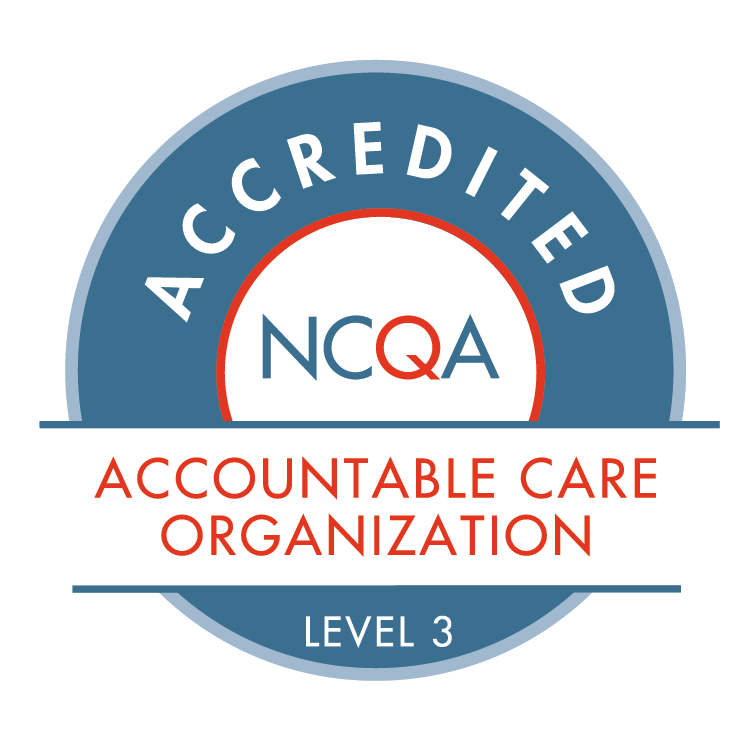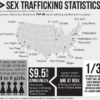Stop Exploitation of Vulnerability

Russ Tuttle, president and founder of the Stop Trafficking Project, is also the director for “Be Alert” program, which educates and empowers students and guides adults from awareness to action. He is also leading a series of programs for healthcare workers at Swope Health.
When Russ Tuttle gives a presentation on sex trafficking, he enters the room like a man on a mission. Which he is.
He talks fast, telling story after story full of pain and suffering. He rattles off statistics, illustrating his tales with images, infographics and videos. He always comes back to the pain sex trafficking produces, and how it can be stopped.
Russ, president and founder of a not-for-profit organization called the Stop Trafficking Project, works every day to spread information about the issue of sex trafficking of minors in Kansas City. He is delivering a series of programs to caregivers at Swope Health, helping caseworkers and other healthcare professionals learn about the problem and how to intervene.
Through the “Be Alert” program, Russ and his organization deliver presentations to schools, churches, law enforcement agencies, healthcare providers and community groups. He estimates 5,280 students and 3,100 adults have participated in one of the Be Alert student assemblies held between January and March 2019. He has reached more than 40,000 students since the program started in 2015.
Russ’s Be Alert program delivers messages of awareness and prevention. He believes that when students, parents, caregivers and the community are educated and empowered, there is a fighting chance of making a positive impact.
What is trafficking? “Human trafficking is always the exploitation of vulnerability,” he says. This is a phrase he repeats throughout his talk, encouraging the class to say it with him as a way of driving the point home.
How can trafficking happen? It starts with a child who feels alone, can be manipulated, lacks self-esteem, or perceives they are unattractive or different. The trafficker earns a moment of trust and then gains control of the child. The control might be a compromising photo followed by threats of telling parents or distributing the photo at school, he said. From there, the demands escalate and the child feels trapped, self-blaming, depressed or hopeless. The traffickers prey upon those feelings, deepening a bond with the victim.

Who would exploit a child for sex trafficking? Russ said it could be a family member, boyfriend, employer, friend of the family, or a stranger. He noted the influence of social media makes it easier for children and teens to encounter traffickers who disguise themselves to earn the child’s trust. The common disguises:
- Pretender: one who acts like a boyfriend, father figure, big sister
- Provider: one who offers clothing, food, cool items
- Promiser: one who talks of future gifts, travel, a new lifestyle
- Protector: one who offers physical power or intimidation to help
- Punisher: one who uses violence or threats to take control
Why does it happen? “There are sex sellers willing to sell kids because there are sex buyers for those kids,” Russ said, noting the problem may be larger than the numbers indicate.
“Since this is the crime hidden in plain sight, many domestic minor sex trafficking – or DMST – cases don’t show up as that officially,” Russ said. “They often become abuse cases, domestic violence, or more often than not some kind of child pornography case. Part of the reason for the porn charges is because the images are almost always shared in DMST, but also because the penalties are more strict. And it’s easier to prove in court and takes less time to investigate for law enforcement.”

- The National Human Trafficking Hotline: 1-888-373-7888
- Text “Help” or “Info” to the number 233733 (BeFree)
- The CyberTipline: https://report.cybertip.org/ to report child sexual exploitation.
- 1-800-THE-LOST (1-800-843-5678) hotline operated by the National Center for Missing & Exploited Children
To learn more about the issue of sex trafficking of minors:
- Request a Be Alert program for your organization.
- See the National Center for Missing & Exploited Children on the issue of Child Sex Trafficking
Visit Sex Trafficking Intervention Research Center, University of Arizona: includes resources and training materials for parents and teens











Leave a Reply
Want to join the discussion?Feel free to contribute!